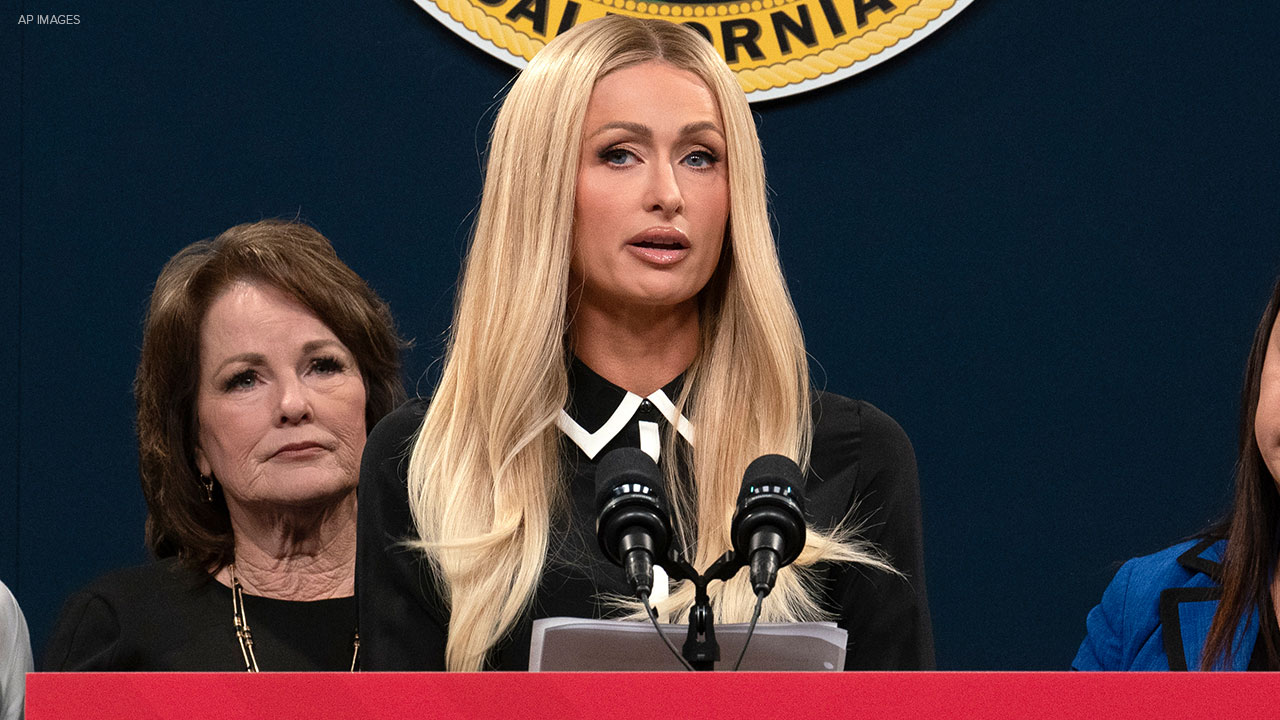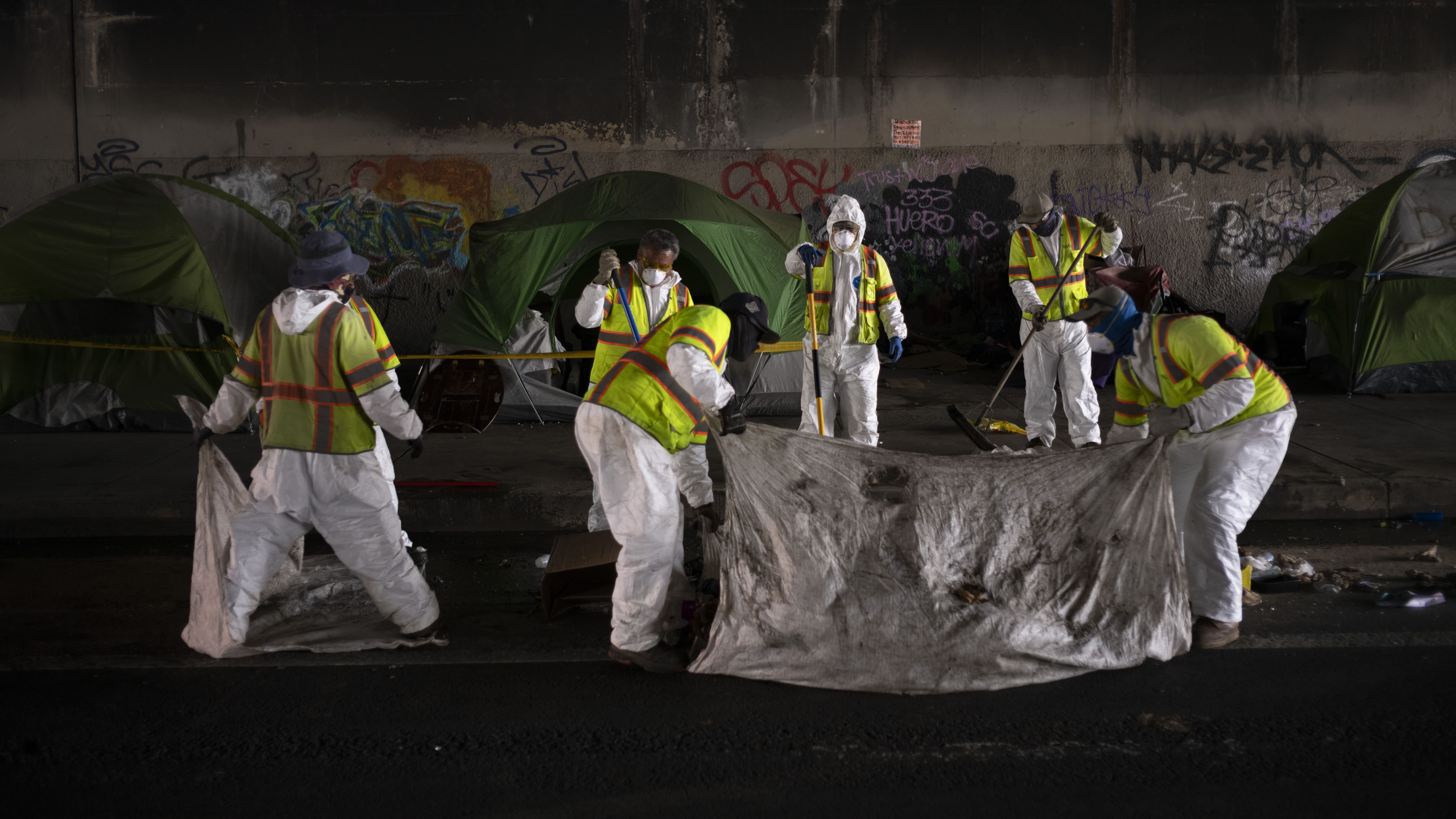California Supreme Court upholds Prop 66 to speed executions

SAN FRANCISCO (KFSN) -- The California Supreme Court on Thursday upheld a ballot measure narrowly approved by voters to change the state's dysfunctional death penalty system and speed up executions.
The highly anticipated ruling concerned Proposition 66, a push to "mend not end" capital punishment in California.
Condemned inmates in California currently languish for decades and are more likely to die of natural causes than from lethal injection. There are nearly 750 inmates on death row and only 13 have been executed since 1978 - the last in 2006.
Nearly 400 death penalty appeals are pending.
In its ruling, the state Supreme Court upheld the mandate that lower-level courts hear some appeals and reject those that are not filed on time.
It also upheld provisions in the measure calling on courts to expedite their review of capital cases, appoint attorneys as soon as possible and grant extensions only for extraordinary reasons.
But with two of the seven justices dissenting, the state Supreme Court said the five-year deadline was advisory, not mandatory - a point that supporters of the measure had conceded during oral arguments.
With that provision gone, it was not clear whether the measure would succeed in accelerating death sentences.
Supporters and opponents claimed victory.
"Proposition 66 will go into effect almost entirely as written," said Kent Scheidegger, an attorney who argued in support of Proposition 66 before the high court. "Californians finally have a chance to see justice carried out in the very worst murder cases."
Christina Von der Ahe Rayburn, an attorney for opponents of the proposition, said the ruling had rendered the deadlines in Proposition 66 "toothless," allowing courts to continue to perform their "critical role in carefully reviewing the appeals of the state's death row inmates, in order to avoid the execution of an innocent person."
"We are gratified that the California Supreme Court recognized the unconstitutionality of Proposition 66's attempt to impose unrealistic deadlines on the courts' consideration of capital appeals," she said in a statement.
The measure - designed by prosecutors and approved by 51 percent of voters - defeated a competing initiative on the November ballot that would have abolished the death penalty.
It now takes up to five years for death row inmates to get an attorney, and it can take upward of 25 years to exhaust appeals.
Death penalty opponents agreed with Proposition 66 backers that the current system was broken, but they argued that the measure would lead to the appointment of incompetent attorneys and overwhelm courts. The result: Insufficient review that could send innocent people to their deaths.
Arguments before a divided California Supreme Court in June focused on whether the measure's five-year deadline to hear appeals was realistic and enforceable. Supporters of the measure surprised observers when they conceded the time limit was not mandatory but more of a guideline.
Several justices seized on that issue and asked a lawyer from the attorney general's office how the deadline could be met without radically altering the court system and how it could be effective without consequences.
Death penalty supporters argued the measure would not create chaos and could be upheld without a hard deadline. They urged justices to give it a chance to work.
___
Melley reported from Los Angeles.








